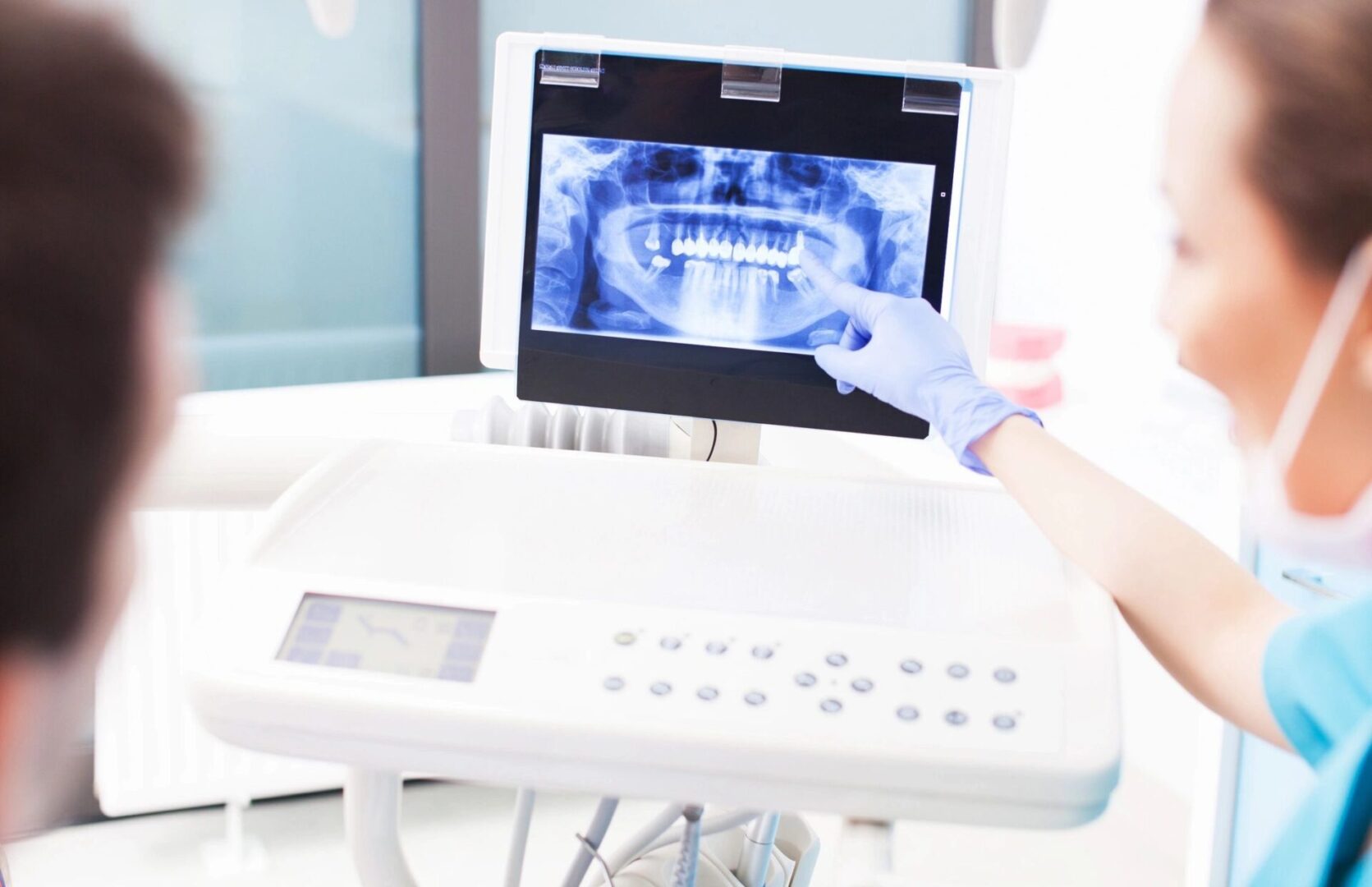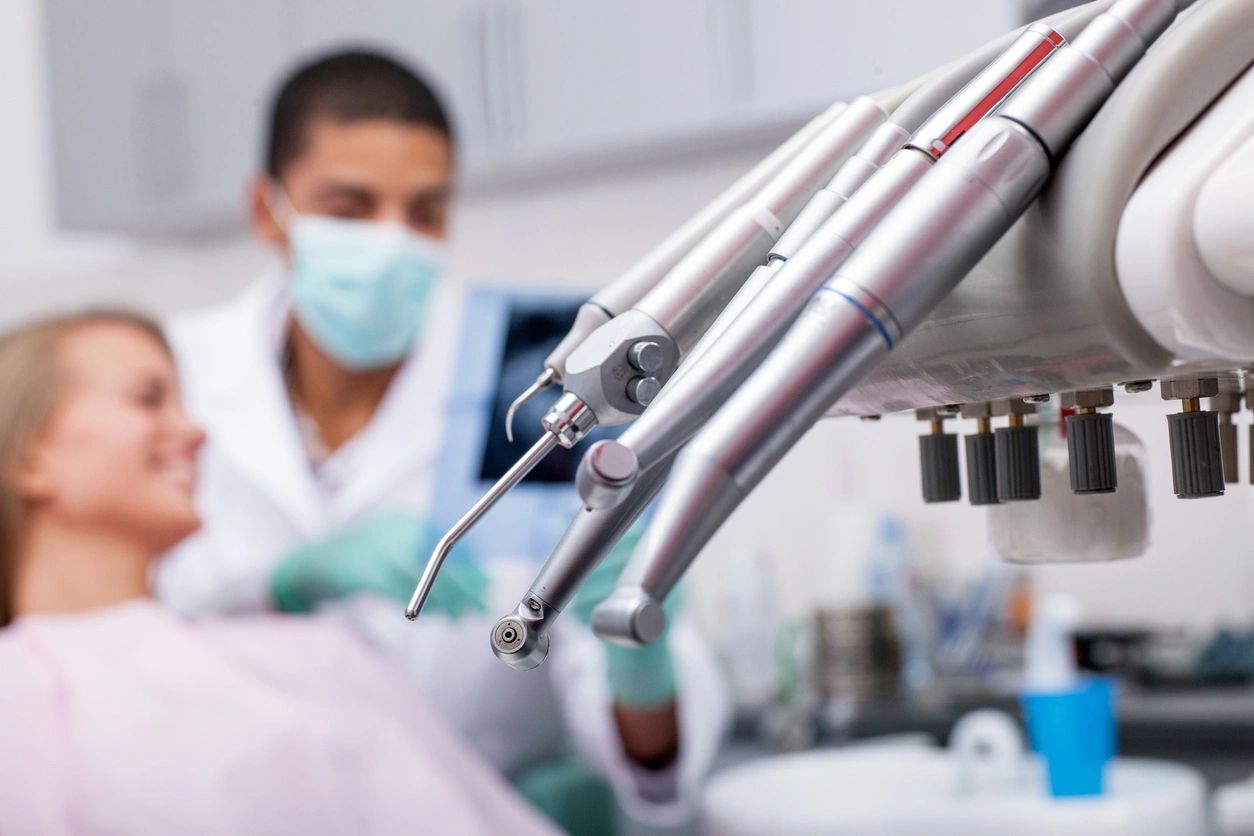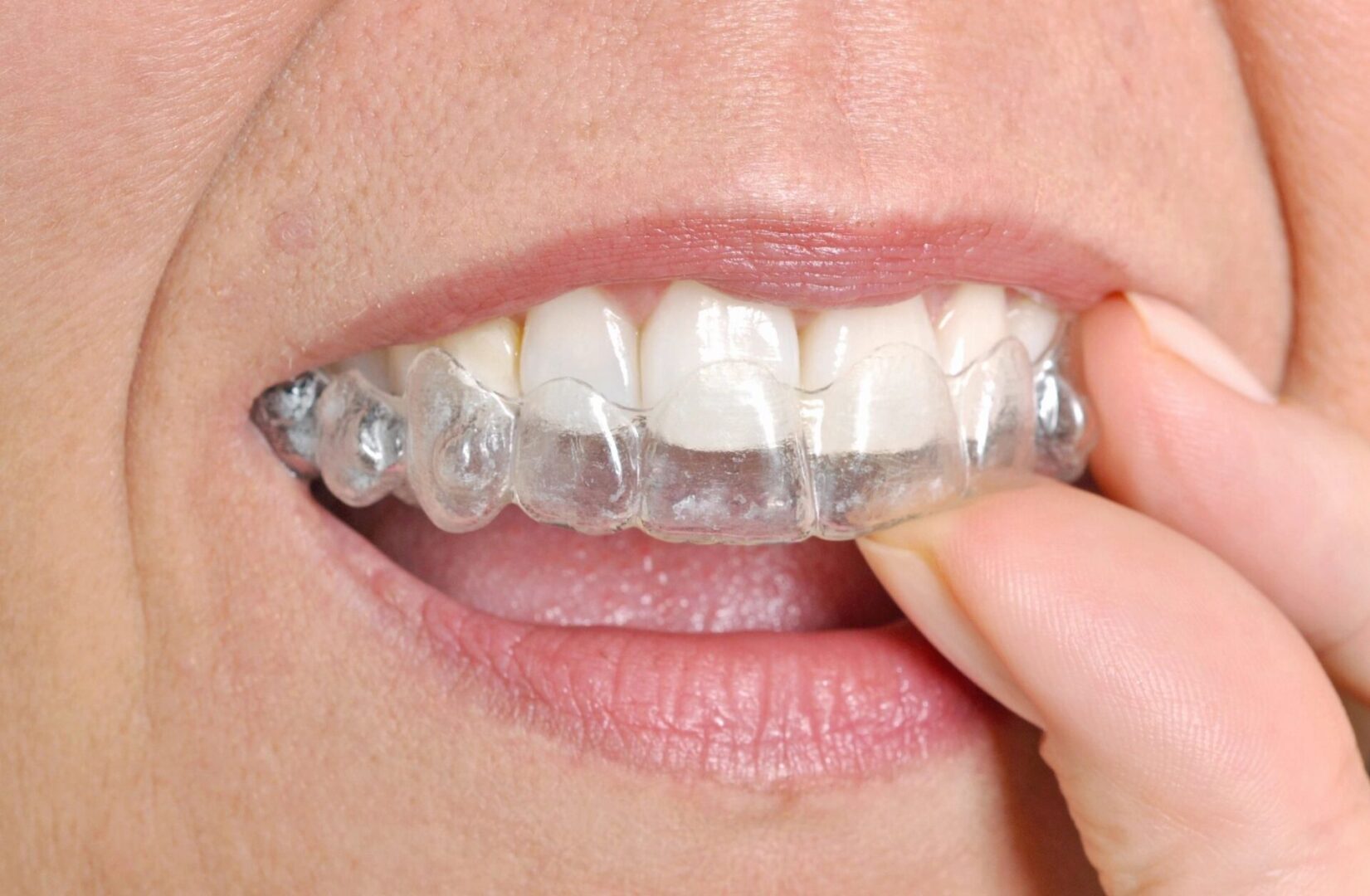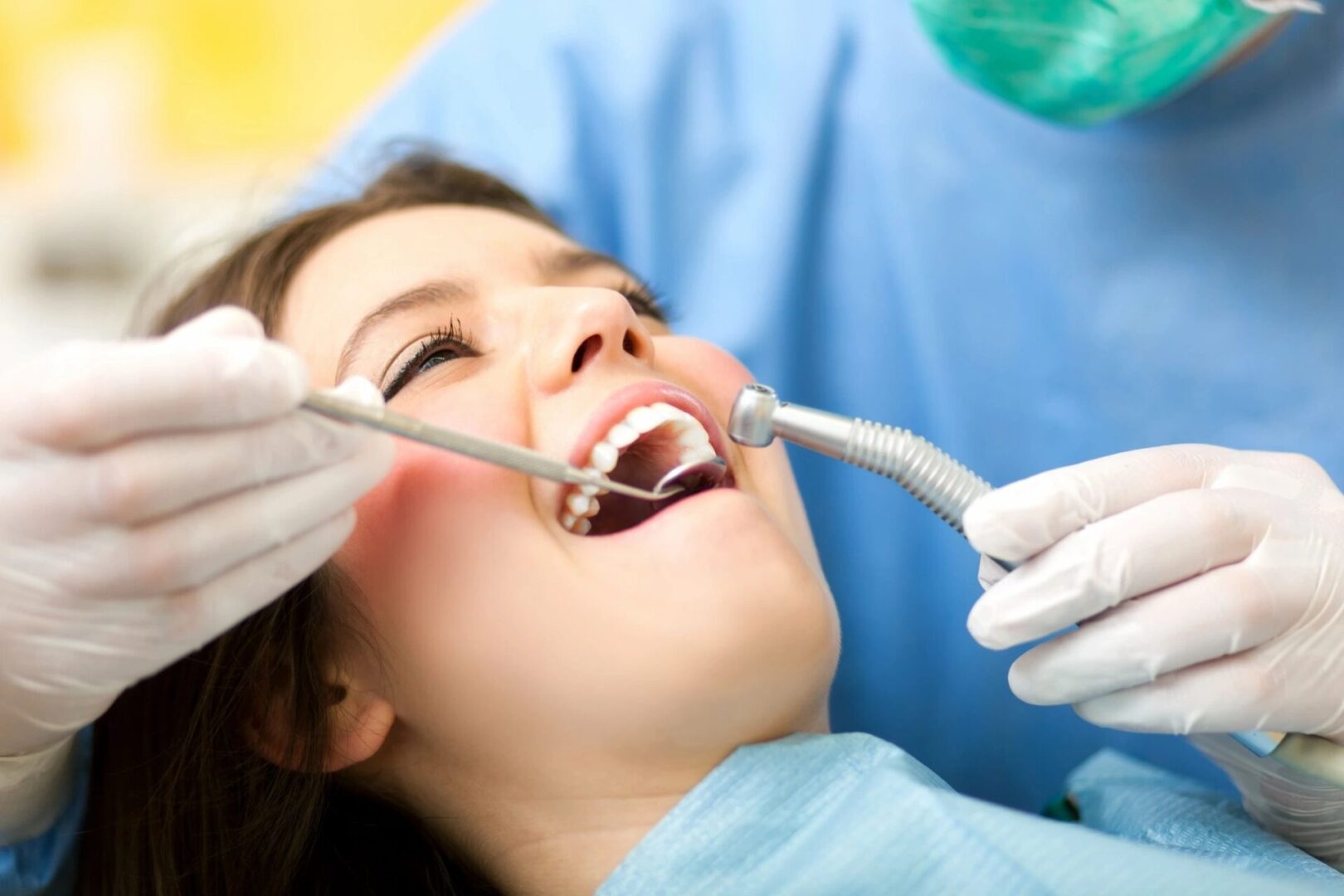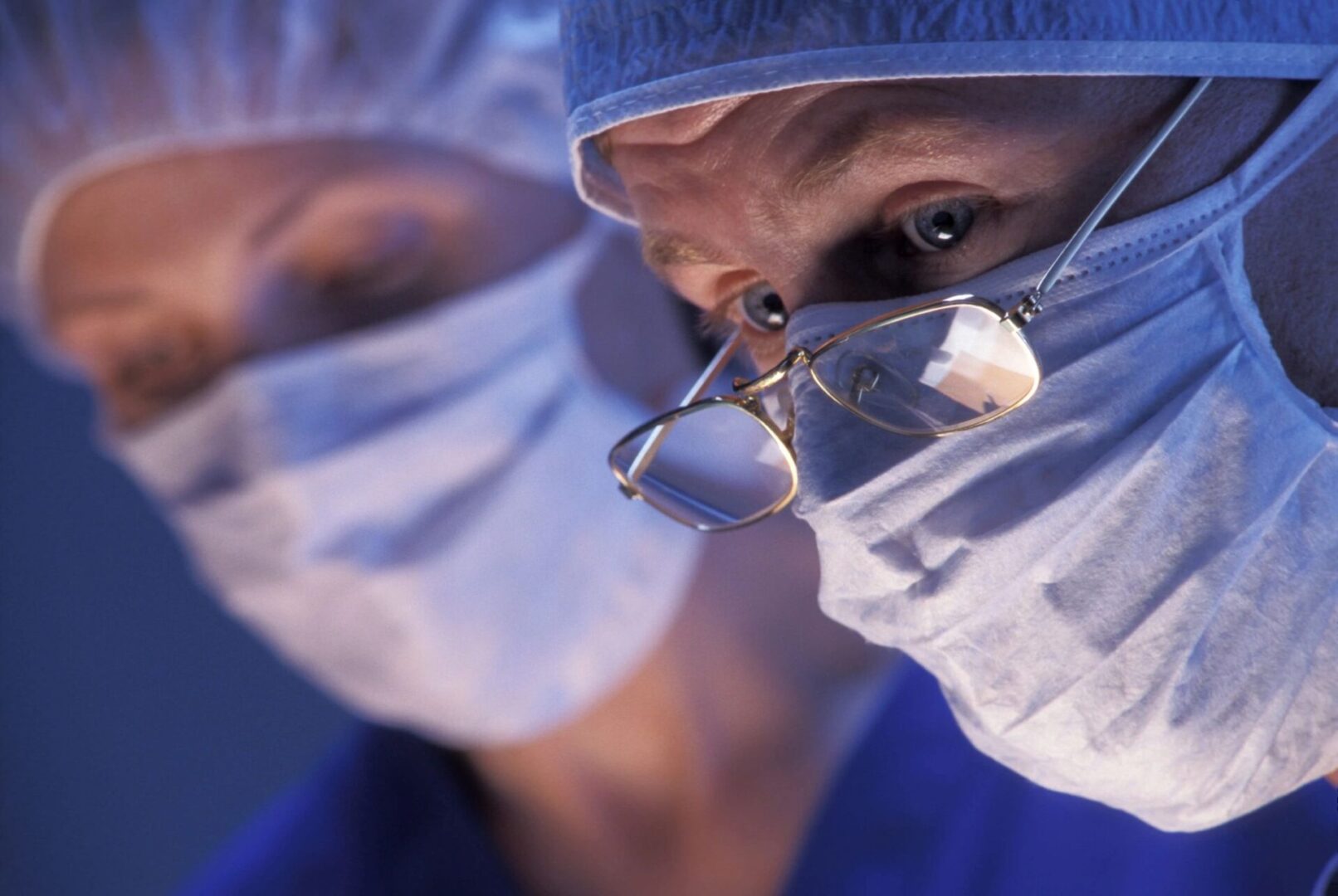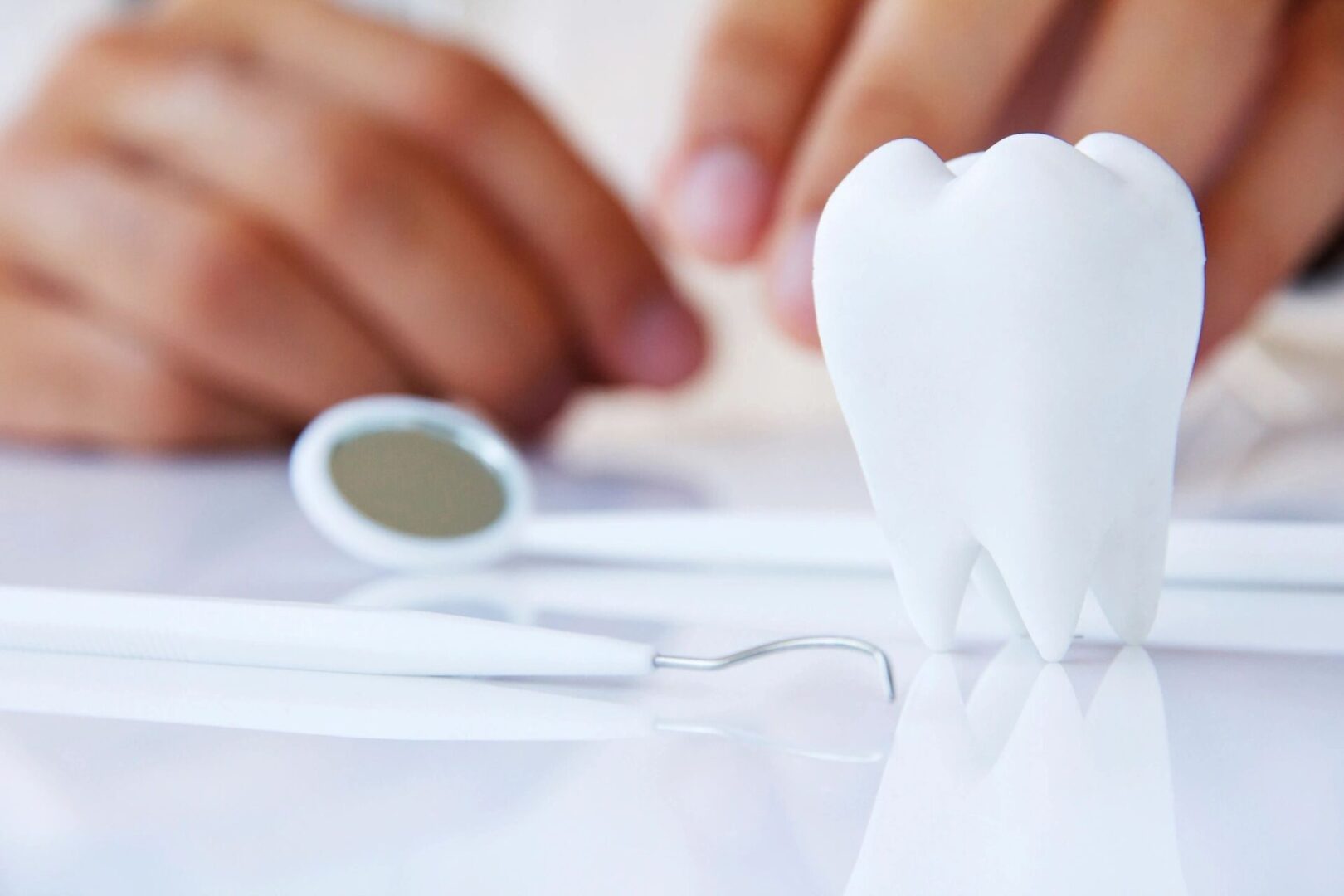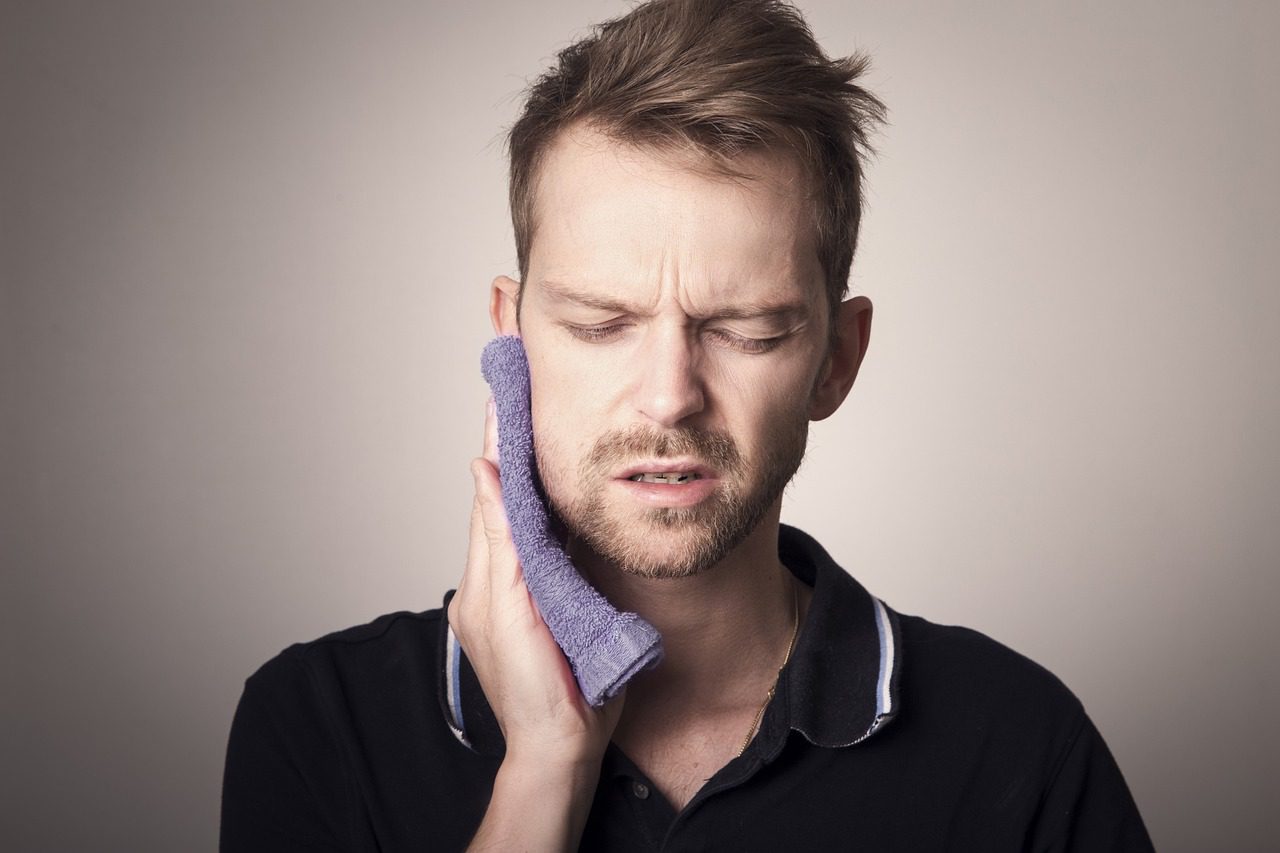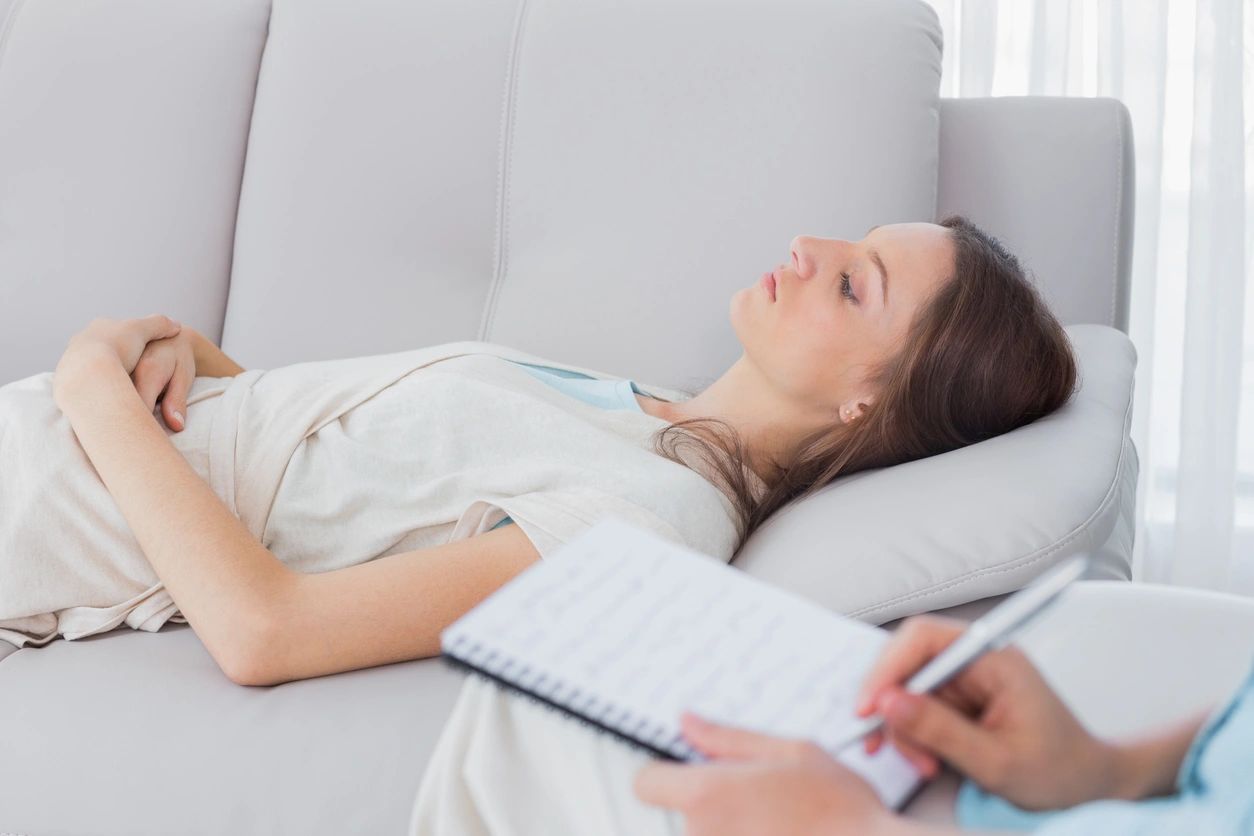Sleep Apnea in Princeton, NJ
Are you or your partner bothered by loud snoring or nighttime gasping for air, disrupting your sleep quality? While snoring can be an annoying inconvenience, it might also be a sign of a more serious issue—sleep apnea. At DenTull, we collaborate closely with sleep specialists to diagnose and treat various sleep disorders.
If you're seeking effective sleep apnea treatments, we are here to assist you. Discover how our sleep apnea solutions can positively impact your sleep and overall health.
Understanding the Disorder
Obstructive sleep apnea (OSA) is a prevalent condition that interferes with normal breathing during sleep. Episodes of sleep apnea occur when the soft tissues at the back of the throat, including the palate, relax and obstruct the airway, causing interruptions in airflow. As a result, individuals with sleep apnea are frequently awakened from their sleep throughout the night.
When the brain detects a halt in oxygen flow, it triggers the body to wake up and gasp for air. These episodes can occur numerous times during the night, but most sufferers have no recollection of them in the morning. Each interruption disrupts the natural sleep cycle, preventing the body from benefiting from the deep, restorative sleep it requires.
The Health Implications
Sleep apnea is a grave health concern, as it deprives the body of essential oxygen and hinders the brain's ability to perform the restorative functions associated with deep sleep. If left untreated, sleep apnea can lead to severe health complications, including:
- Cardiovascular Disease
- Heart Attack
- High Blood Pressure
- Mood Disorders
- Stroke
- Type 2 Diabetes
Inadequate sleep quality can also result in daytime fatigue and cognitive problems such as difficulty concentrating, memory issues, and mood swings.
Recognizing the Symptoms
Loud and frequent snoring is the most prevalent symptom of sleep apnea. Nevertheless, not everyone who snores will experience a sleep disorder. Other sleep apnea symptoms to be mindful of include:
- Difficulty concentrating
- Excessive daytime sleepiness
- Frequent nighttime urination
- Gasping for air during sleep
- Irregular breathing patterns
- Low energy and reduced motivation
- Moodiness, irritability, and depression
- Morning headaches
- Nighttime sweating
- Unexplained weight gain
- Waking up with a sore or dry throat
If you've observed any of these symptoms, you might be dealing with sleep apnea. Typically, OSA is diagnosed by a sleep specialist after a comprehensive sleep study. Once diagnosed, we will discuss the available treatment options.
Discover Our Treatments
Continuous Positive Airway Pressure (CPAP)
One of the most commonly prescribed treatments for sleep apnea is the Continuous Positive Airway Pressure (CPAP) machine. This device consists of a mask worn over the nose (and sometimes mouth) to deliver a constant stream of pressurized air into the throat. This positive air pressure keeps the upper airway open, preventing pauses or disruptions in breathing.
Individuals using CPAP machines often report reduced snoring, improved sleep quality, and increased daytime energy. However, some patients may find CPAP machines noisy or uncomfortable to sleep with. For those individuals, specially designed oral appliances that maintain airway openness and alleviate sleep‑disordered breathing may be a preferred choice.
Oral Appliance Therapy
Oral appliances for sleep apnea are customized mouth guards that reposition the jaw during use. When worn during sleep, these appliances help keep the airway open, preventing obstructive sleep apnea episodes. Oral appliance therapy is typically recommended for mild to moderate cases of obstructive sleep apnea.
Your oral appliance will be tailored to fit your mouth comfortably and address your specific needs. These appliances are silent, easy to use, and discreet enough for travel. Patients typically report similar benefits from CPAP therapy, achieving the quality sleep their bodies and minds require.
Pediatric Sleep Apnea
Though less common, children can also suffer from sleep apnea. Signs of pediatric sleep apnea may include snoring, poor school performance, hyperactivity, mouth breathing instead of nasal breathing, and morning complaints of a sore throat or headache.
If your child persistently snores loudly, it's crucial to consult a sleep specialist for a sleep apnea evaluation. The American Association of Pediatrics recommends screening all children for snoring due to its significant association with sleep apnea.
While sleep apnea is a medical condition diagnosed by medical doctors, dentists play a vital role in screening for this condition and collaborating with sleep physicians, ear-nose-throat specialists (ENTs), and other medical professionals for treatment.
It's worth noting that adult therapies for obstructive sleep apnea are not suitable for children, as they can affect skeletal development. However, with proper diagnosis and communication between dentists and medical specialists, we can provide effective treatment for pediatric sleep apnea.
Frequently Asked Questions
Is sleep apnea dangerous or life-threatening?
Research indicates that sleep apnea is associated with an increased risk of severe, life-threatening conditions such as heart disease, high blood pressure, stroke, and more. Untreated sleep apnea can also lead to serious mental health issues like depression or anxiety due to chronic sleep deprivation. Given the risks linked to sleep apnea, early detection and intervention are crucial.
If my partner or I snore loudly, could sleep apnea be the cause?
While loud snoring is the most common indicator of sleep apnea, not all snorers have a sleep disorder. Nonetheless, if snoring is accompanied by other signs or symptoms, it's advisable to undergo evaluation by a sleep specialist. A sleep study can help determine if sleep‑disordered breathing is present and guide treatment decisions.
How is sleep apnea treated?
Sleep apnea can be addressed through various approaches. The traditional method involves the use of a CPAP machine, which maintains airway openness during sleep. Alternatively, newer treatments utilize comfortable and inconspicuous oral appliances to achieve the same goal.
Connect With Us
Choose DenTull for effective sleep apnea treatments. Reach out to us today to schedule a consultation with our expert. We are here to provide the therapy suited to your needs.


